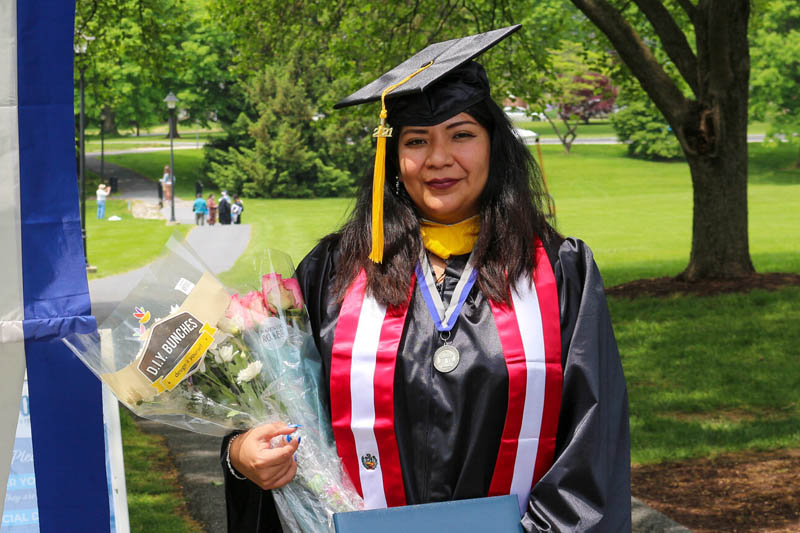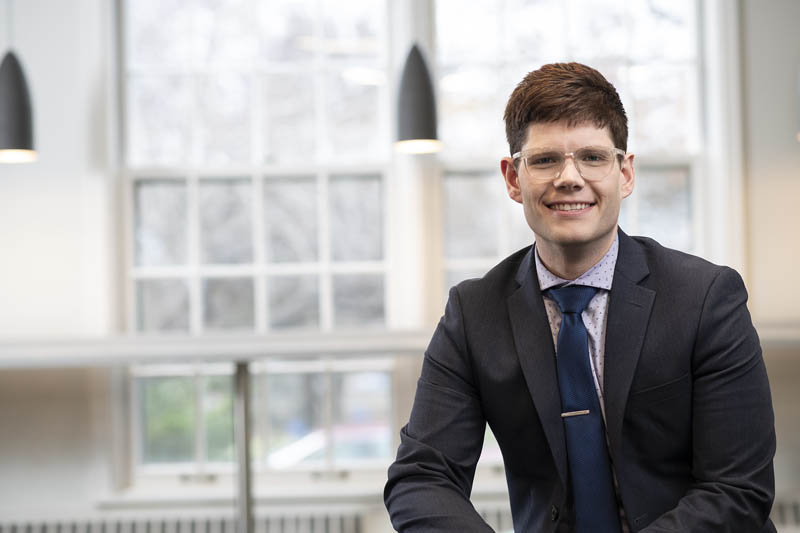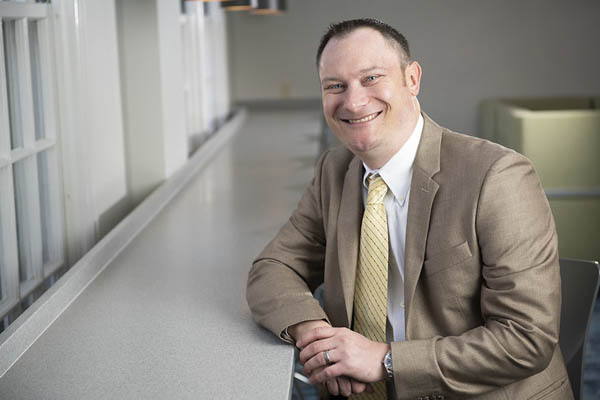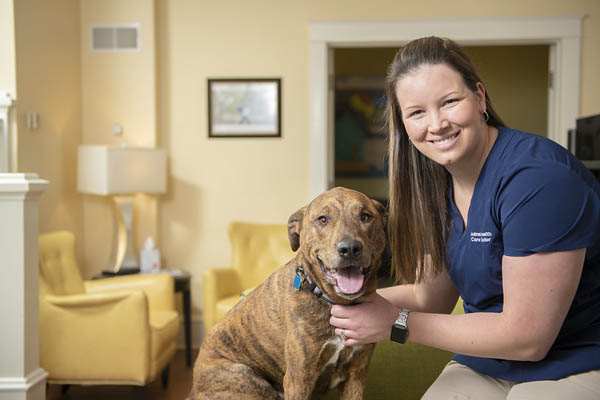OnLine. OnSite. OnGoing.
Whether you’re looking to advance your career, complete your degree, or start a new chapter in life, we’ll give you the skills, support, and credentials you’ll need to move up and move ahead. This is where potential meets practice. Where world-ready education meets hometown attention.
a path forward

Finish your degree
Every effort is made to accept and apply credits earned in the past, from other institutions, to an Etown SGPS program. Have your credits or experience evaluated by our admissions staff to pick up where you left off.

excel in your career
We offer several graduate certificate programs that can help you advance in your career in less than one year. Courses are offered in an online format to accommodate your work, life, and graduate school balance and are flexible so you can step in and out of the program as life requires.

earn your graduate degree
Etown SGPS graduate programs were designed to meet the specific needs of busy working adults. The accelerated eight-week courses allow you to focus on one course at a time while still completing up to 18 credits per-year. There are no cohorts, meaning that you can step in and out of the program as life requires.

Upskill with Etown edge
Etown Edge offers micro-credential content to help you grow professionally and achieve your goals. With online, on-demand delivery, learning happens on your time while allowing you to interact with other members of our Edge community and subject matter experts. Build a portfolio to demonstrate your achievements and empower yourself with Etown Edge.

Read Alumni Stories
Discover how our SGPS graduates have balanced work, family, and education to transform their lives. From career changes to personal triumphs, explore their diverse journeys and hear directly from them why SGPS was the perfect fit, and how it helped get them to where they are today.

Invest in your workforce
The School of Graduate and Professional Studies (SGPS) works with several corporate and organizational partners to provide discounted educational programs for the professional development of their employees. Our goal is to provide you with the knowledge and education you will need to be successful in your career and take your organization to the next level.




